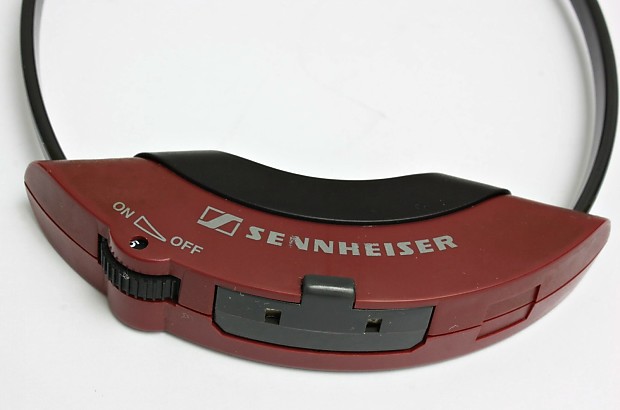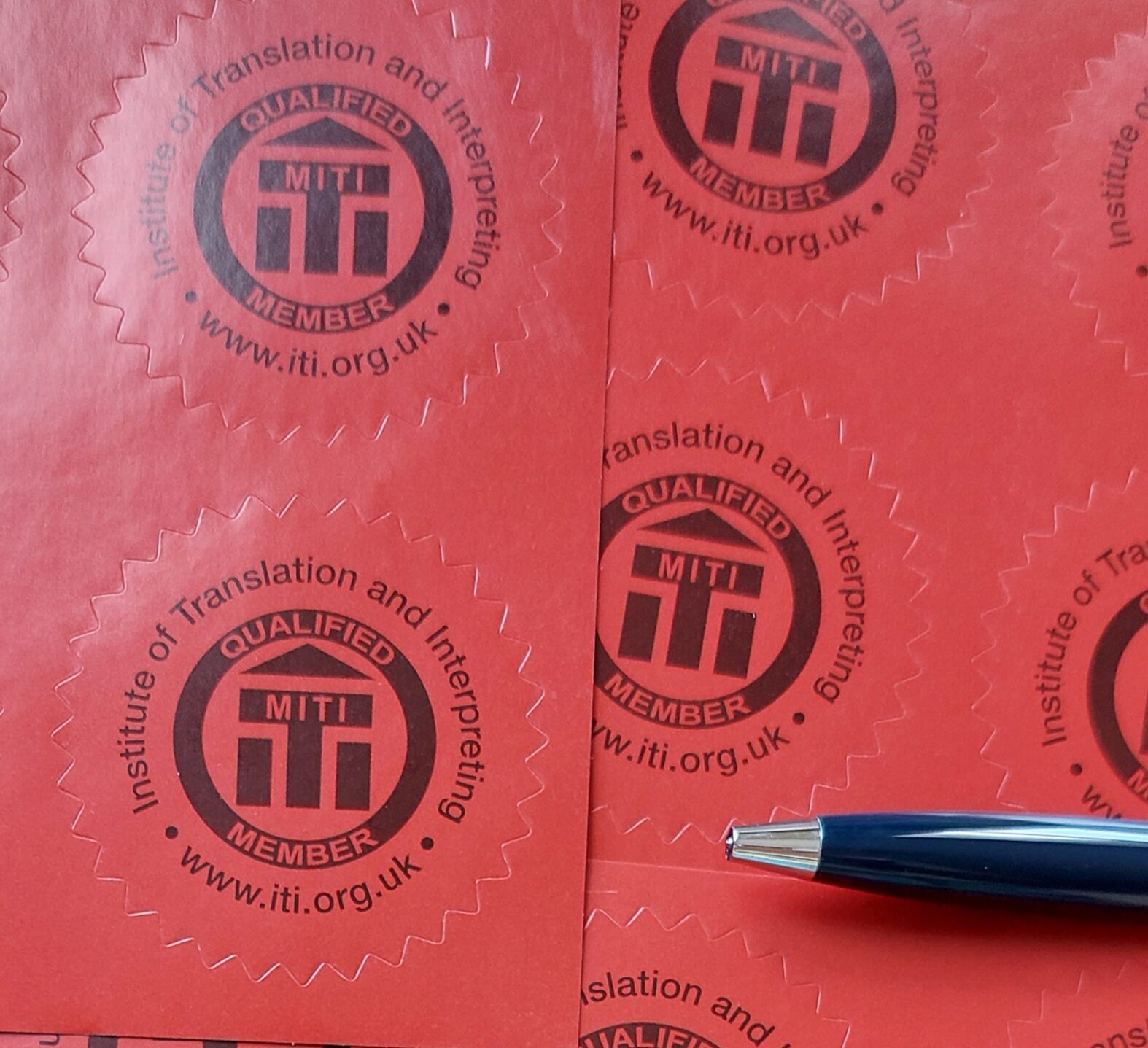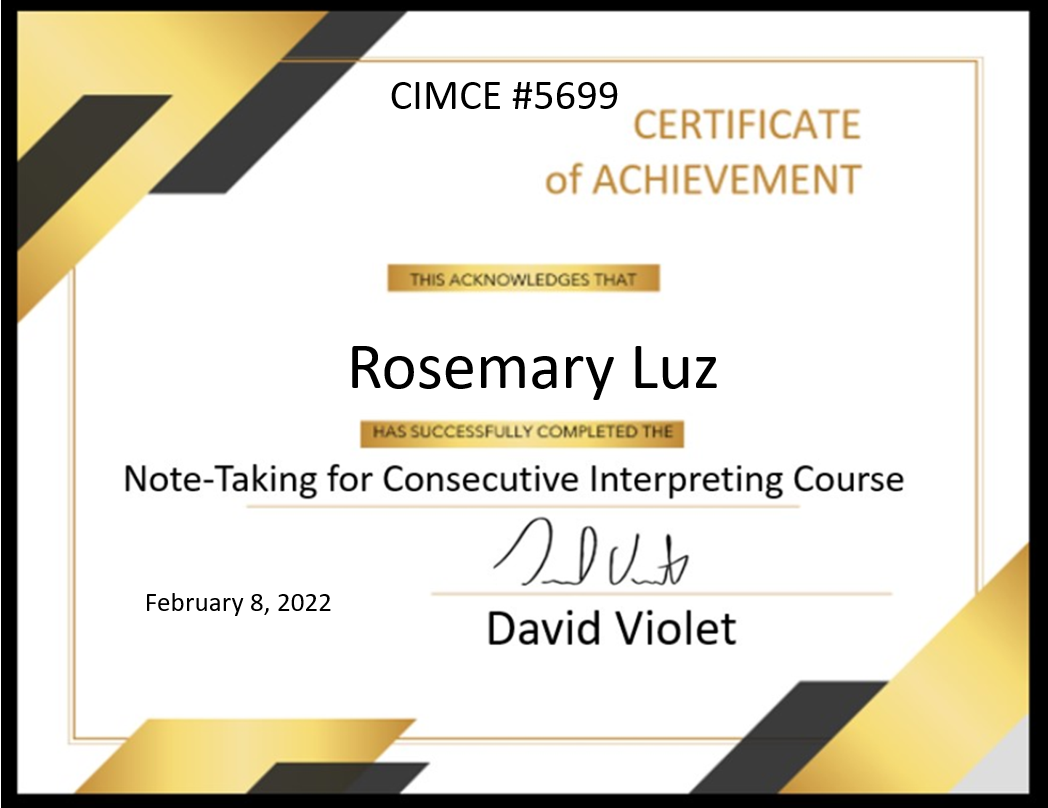
Sound Solutions On A Covid-19 Trial
Back in May I blogged about my first Covid-19 trial in which I was essentially an observer because the defendant on trial had such good English. I noted all the new changes made to make a courtroom Covid-free and anticipated that when I had to interpret for real in those conditions it would be quite demanding. Well, last week I found out just how demanding it was.
I was asked to interpret for a defendant on trial who had no or very little English. The regulations had changed so there was no screen in front of the judge or the barristers but the jury remained socially distanced, with screens in front of them. The courtroom was so short of space in the jury area that three jurors had their desks set up on the floor of the court, next to the barristers’ horizontal benches. There were hand sanitisers, tissues, sterile glove boxes and bottled water everywhere.
Everyone was wearing a mask save for the clerk, the judge and barristers when they were speaking. Once inside the dock the defendant and I were allowed to take off our masks although the custody officer always kept his on. I sat with a seat between me and the defendant. He was unvaccinated which made me nervous. We had an ample supply of polystyrene cups, a big water jug and our own sanitiser.
The first day of the trial was a shock to the system in many ways because I thought that it was a one-day trial when in fact it was listed for seven! I had to sort things out with the List Office quite quickly and by the end of the day I was completely booked for the trial.
The next shock to the system was the sheer number of sound problems that I encountered in the dock. Firstly, the air conditioning was humming very loudly. Secondly, I could only hear the judge when she spoke and not the court clerk, defence counsel or the prosecutor. Thirdly, the custody officer kept jangling his keys. Maybe it was my perception. The court clerk blithely tried to start proceedings by identifying the defendant but I could not hear her so I informed the court and I asked for the clerk to speak into a microphone. I am delighted to say that the court resolved this by giving me a Sennheiser RI 150 mono infrared receiver in the form of a stethoscope headset. It was my new best friend for the rest of the week! I heard the clerk beautifully. The barristers were audible even when they had their backs to me and I heard the witnesses perfectly. It was so nice not to finish the day without a raging headache from straining to hear what was being said. What a godsend. I hope that HM Court and Tribual Service retains this practice after the pandemic.
The next problem was organising the area around my neck. I had to wear my interpreter’s identification badge which was on a ribbon round my neck. It was constantly in the way when I reached for different things. Then, I needed to have my reading glasses at hand. Sometimes I folded them and hung them on my t-shirt. Other times I put them on the seat next to me. Obviously, there was the Sennheiser which had to dangle from one ear as I needed to monitor myself. It was odd doing that with a Sennheiser receiver rather than one of the comfortable mono-aural headsets that I have at home. I am glad that I didn’t have to wear a mask because it would have obstructed the area around my ears, muffled my voice and generated a lot of heat.
After that my problems were standard occupational hazards: interpreting for two hours without a break, avoiding increasing the sound of the Sennheiser to prevent my own voice from going up, compensating for the back-ache that sitting in the same position gives you, sight-reading a statement in English with my glasses and Sennheiser on, reading the statement so the defendant could see while keeping a metre’s distance and remembering during my much-needed breaks to look up terms that had escaped me.
During the trial there were Covid-19 developments. The complainant had to self-isolate so she gave her evidence over the cloud video platform. She used headphones so the reception was very clear. Later in the trial, the prosecutor had to self-isolate too. A relative of his had tested positive for Covid-19 and although he had no symptoms he had to dial in using the cloud video platform as well. The reception continued to be great. There was no feedback or echo because he knew to use decent headphones, Airpods I think. He performed his cross-examinations digitally and gave his closing speech that way too. The prosecutor admitted that it had been a first for him. It was a first for me too.
I am very grateful for the use of all this technology to solve audio, medical and logistical problems. Normally, these sorts of changes take forever to be introduced into courtrooms so it was very refreshing to see how swift the courts can be.



